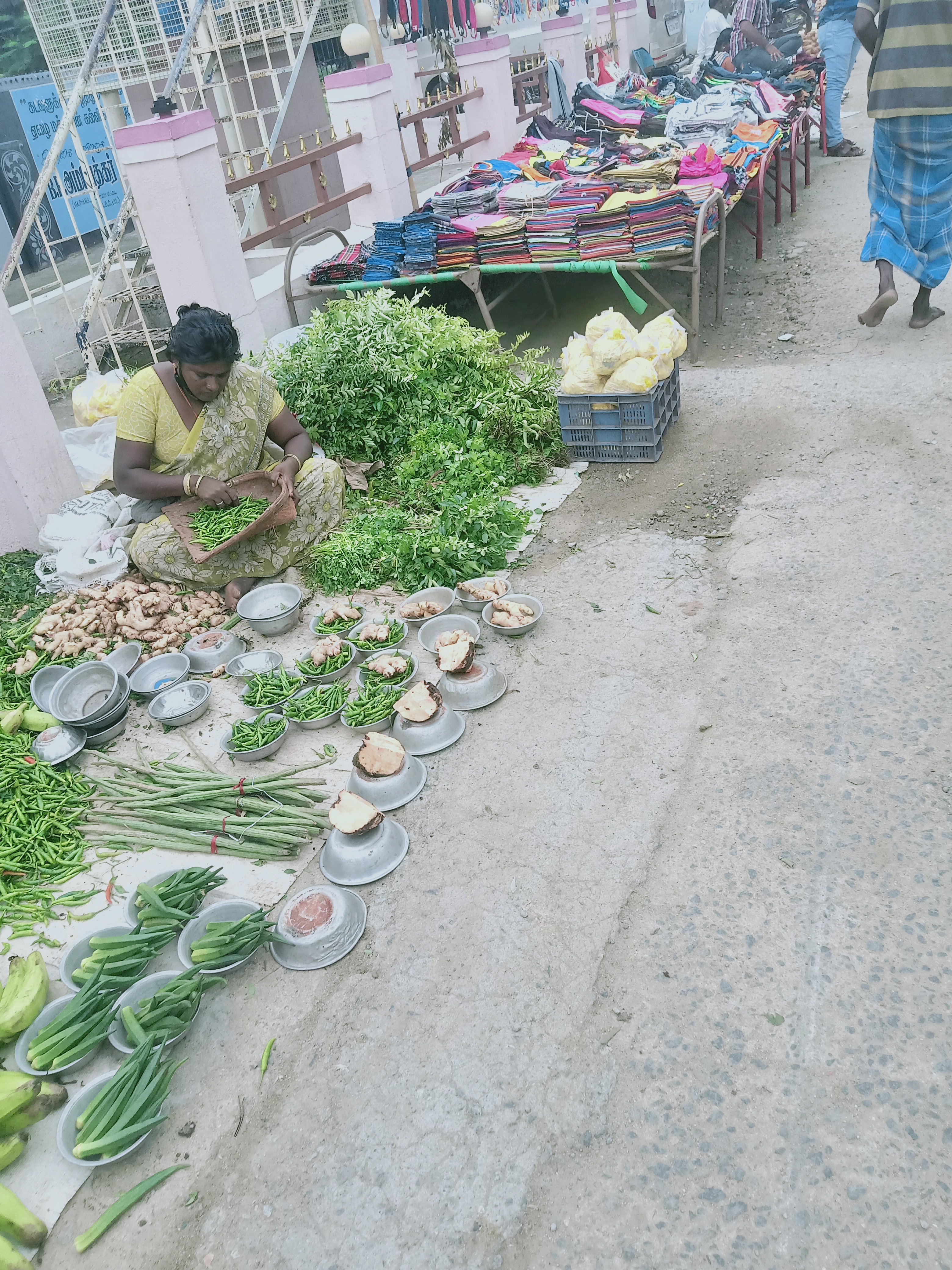International research project tackles supply chain issues in COVID-19 impacted area of India
Wayne State University has been involved in the past few months in an international research project helping the agricultural community harmed by COVID-19 in Tamil Nadau, India. Faculty and students from the Mike Ilitch School of Business Department of Supply Chain Management, Vellore Institute of Technology in India and Fontys University of Applied Sciences in the Netherlands are teaming up to gather information on the crisis and use it to develop solutions.
The community in this region has been deeply affected by COVID-19, as the agriculture industry has been damaged due to factors such as limited resources, lack of technology, closing markets and a shrinking pool of truck drivers.

"Our goal is to conduct research and propose a solution that helps the farmers of Tamil Nadu," says Kevin Ketels, a lecturer for the Ilitch School. "The system will leverage existing technology to facilitate transportation and distribution through a community-based logistics infrastructure. The solution will increase efficiencies in connecting drivers with farmers, identify alternative transportation modes, decrease spoilage, and digitally deliver payments throughout the value chain.
"Many regional markets have also closed due to COVID fears. As a result, farmers are forced to sell their produce locally at substantially lower prices that are unsustainable in providing basic income. Farmers also have limited ability to engage technology due to a lack of education and resources. Improvements to the agriculture supply chain in India are critical, both during COVID and in order to build a more sustainable future for farmers. We hope our proposed solution can help create efficiencies within the agriculture supply chain in Tamil Nadu, and increase wages for farmers, drivers and other workers within that ecosystem."
The team is composed of faculty and students from the three universities, meeting weekly on Zoom to conduct and share research and solutions. One of the students in the project is Leah Sidell, a supply chain management major who was invited into the program after having Ketels as a teacher.
"Prior to this I hadn't really known a lot about supply chain agriculture," says Sidell. "It's been very eye opening. We take a lot of things for granted here; how easy it is to get food compared to places like India.
"The people don't have stores like WalMart and Kroger, where you can walk right in and get whatever you want; they have to go to markets, and a lot of these places are closing due to the pandemic. It's making it hard for them to have access to basic food needs. It was disheartening to learn that people have to travel miles to even find a market that's open. In addition to this, the rural farmers are facing huge challenges when they go to distribute their crops. Many roads are closed, which is resulting in reduced wages for them and food spoilage. In the United States, we tend to look at what we don't have instead of what we do have, so this has been a learning experience that's made me appreciate things I used to take for granted."

Sidell's work has consisted of comparing how agricultural resources are distributed in Michigan, the Netherlands and India, as well as researching different ways to improve transportation and cold storage.
"This project has opened my eyes as to not only how transportation in agriculture is a huge section of the supply chain, but I have also come to appreciate the humanitarian aspect of it," says Sidell. "As an outsider there are things you can find to improve, so it's given me a new viewpoint and shown me different career paths I can take and how I can make a positive impact."
While the project is still ongoing, Ketels believes the work thus far has been successful.
"I think we have already exceeded expectations," says Ketels. "My students and I have met weekly since May via video conference with our collaborators in India and the Netherlands. We have applied our knowledge of supply chain management in a very unique way, but also evaluated technology platforms, studied promotion and education campaigns in a very different culture and learned about the challenges of being a rural farmer in a developing country.
"The contrasts between life in Detroit, Michigan and those of a rural farmer in Tamil Nadu are profound. While cost of living is lower, the average annual household income there is less than $3,000. Without the ability to move their produce to market, a large percentage of the population is in despair. It is easy to see that our students care deeply about the project. It has gone beyond a simple exercise in learning, but something much more meaningful."
By Jacob Stocking, OIP Communications Associate.
The Office of International Programs leads Wayne State's global engagement by creating opportunities that foster international education and research, facilitate the exchange of individuals and ideas that promote global competencies and citizenship, and provide resources that support the expansion of the university's global agenda. Follow us @WayneOIP.